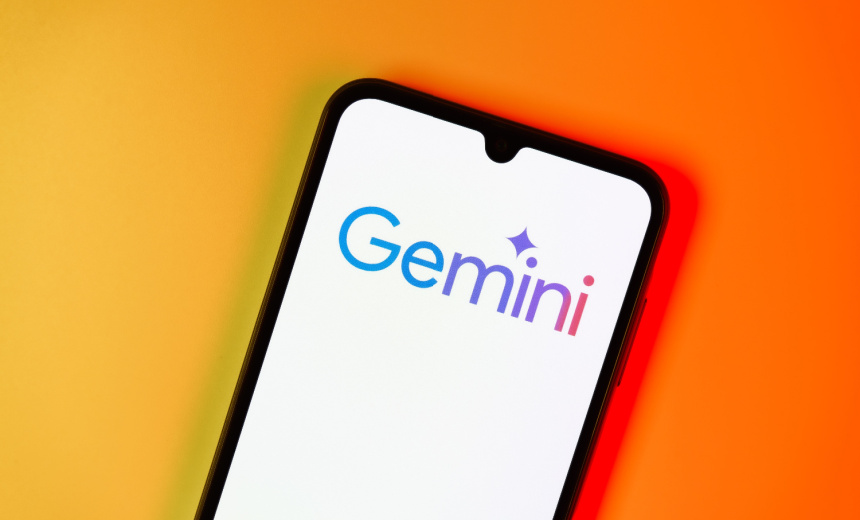Google’s Gemini 2.5 Surpasses Rivals in Benchmark Assessments

On March 25, 2025, Google unveiled its latest artificial intelligence reasoning model, Gemini 2.5, which boasts the ability to pause for thoughtful consideration before delivering responses. This advancement illustrates the growing emphasis on enhancing AI’s decision-making capabilities.
As companies compete in the AI landscape, reasoning models like Gemini 2.5 are gaining significance, with key players such as OpenAI, Anthropic, DeepSeek, and xAI striving to refine their algorithms for more nuanced reasoning. Google announced that future iterations of its AI models will integrate advanced reasoning capabilities.
The launch of Gemini 2.5 follows OpenAI’s release of its reasoning model O1 in September 2024, intensifying competitive pressure among tech firms aiming to develop AI that can perform complex tasks like coding and algorithmic calculations. According to Google, Gemini 2.5 is its most competitive product in this domain to date.
Benchmark results reveal that Gemini 2.5 has outperformed its competitors in various assessments. In the Aider Polyglot evaluation, which tests code-editing skills, it achieved a score of 68.6%, surpassing models from OpenAI, Anthropic, and DeepSeek. However, it fell short in the SWE-bench Verified test, where it registered 63.8%, in contrast to Anthropic’s Claude 3.7 Sonnet, which scored 70.3%.
Gemini 2.5 also excelled in the Humanity’s Last Exam, a multimodal assessment that encompasses a wide range of subjects from mathematics to the humanities, scoring 18.8% and outperforming many flagship models from rival companies.
The model is equipped with a one-million-token context window, allowing it to process approximately 750,000 words in a single input, effectively handling content greater than that of the entire Lord of the Rings trilogy. Google has plans to expand this capacity to two million tokens shortly.
Though Google has not yet announced the API pricing for Gemini 2.5 Pro, it has stated that relevant information will be disclosed in the upcoming weeks. Presently, the model is accessible via Google AI Studio and the Gemini app for users subscribed to the company’s $20-per-month AI service.
While Gemini 2.5 offers promising capabilities, its reliance on extensive computational resources raises operational costs, highlighting a common concern with sophisticated reasoning models.
Additionally, on the same day, OpenAI launched “Images in ChatGPT,” a new feature enabling users to create images within the chatbot environment, following Google’s recent introduction of native image generation in the Gemini AI Studio. OpenAI’s model reportedly enhances text rendering and accuracy in image attributes but employs an autoregressive process that may slow down image creation in favor of improved quality assurance.
This rewritten article presents the information in a structured and professional manner, aimed at a tech-savvy audience while maintaining clarity and technical accuracy.